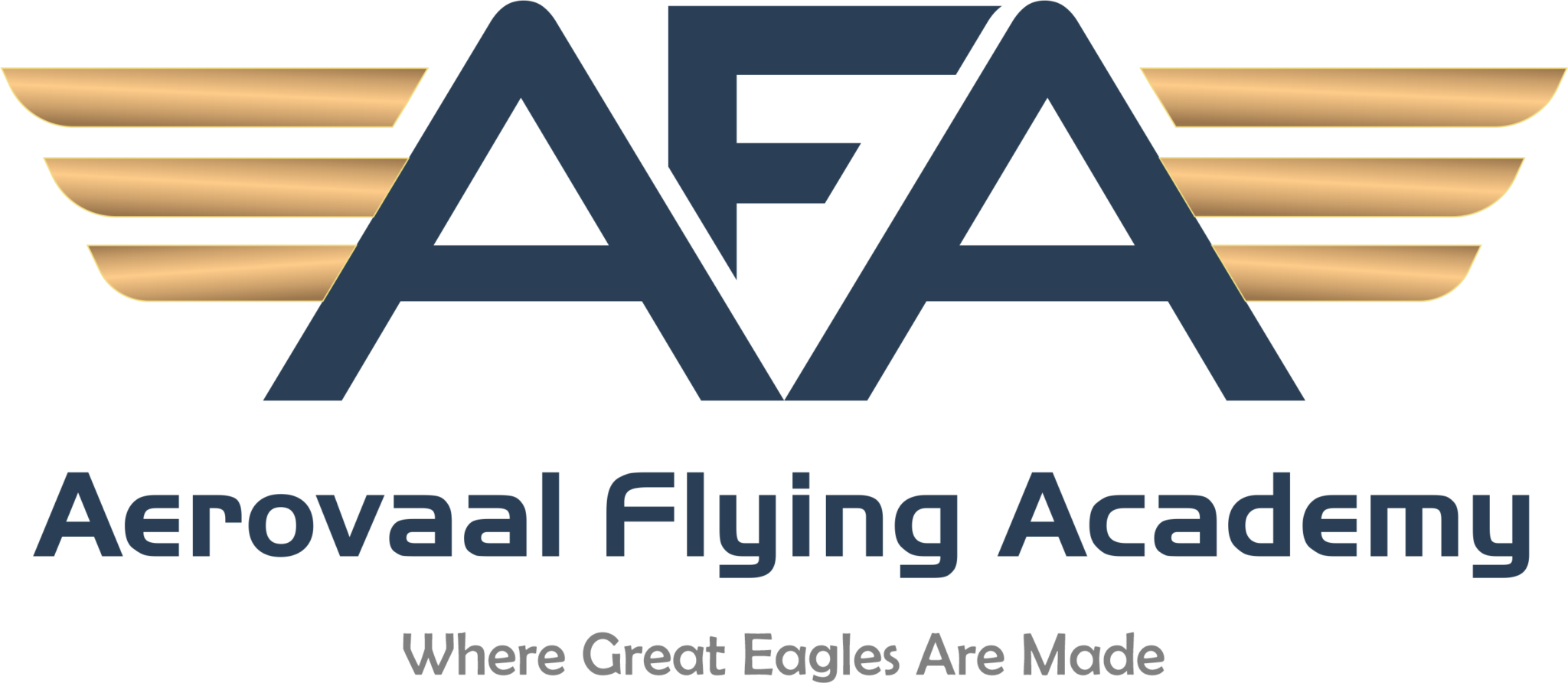South Africa is renowned for its high-quality aviation training programs, attracting aspiring pilots from around the world. Here’s a general overview of pilot aviation training in South Africa:
- Flight Training Schools: South Africa is home to numerous flight training schools accredited by aviation authorities such as the South African Civil Aviation Authority (SACAA) and the International Civil Aviation Organization (ICAO). These schools offer various pilot training programs, including Private Pilot License (PPL), Commercial Pilot License (CPL), Airline Transport Pilot License (ATPL), and more.
- Flight Training Curriculum: The flight training curriculum in South Africa typically includes ground school instruction, flight simulator training, and actual flight hours. Students learn about aviation regulations, aircraft systems, navigation, meteorology, aerodynamics, and other relevant subjects. Practical flight training covers essential skills such as takeoffs, landings, navigation, emergency procedures, and instrument flying.
- Training Aircraft Fleet: Flight training schools in South Africa maintain a diverse fleet of training aircraft, including single-engine and multi-engine airplanes, helicopters, and sometimes even advanced training aircraft such as jets. This variety allows students to gain experience with different aircraft types and configurations.
- Experienced Flight Instructors: Training schools in South Africa employ experienced flight instructors who hold relevant certifications and licenses. These instructors provide one-on-one guidance and mentorship to students, helping them develop the necessary knowledge and skills to become proficient pilots.
- Infrastructure and Facilities: Aviation training facilities in South Africa are equipped with modern amenities, including classrooms, briefing rooms, flight simulators, maintenance facilities, and aircraft hangars. These facilities create a conducive learning environment for aspiring pilots.
- Regulatory Compliance: Flight training schools in South Africa adhere to strict regulatory standards set by the SACAA and other relevant authorities. They undergo regular inspections and audits to ensure compliance with safety and quality standards.
- Cost and Duration: The cost and duration of pilot training programs in South Africa vary depending on factors such as the type of license, the flight school, and individual student progress. Generally, obtaining a PPL takes around 6-12 months, while CPL and ATPL programs may take longer and cost more due to additional training requirements.
- International Recognition: Pilot licenses obtained in South Africa are recognized internationally, allowing graduates to pursue aviation careers globally. Many South African-trained pilots find employment opportunities with airlines, charter companies, flight schools, and other aviation organizations worldwide.
- English Language Proficiency: Since English is the international language of aviation, proficiency in English is essential for pilot training in South Africa. Flight training programs typically require applicants to demonstrate English language proficiency through standardized tests such as the International English Language Testing System (IELTS) or the Test of English as a Foreign Language (TOEFL).
- Visa and Immigration: International students interested in pilot training in South Africa must obtain the necessary visas and permits for the duration of their training. Flight training schools often provide assistance with visa applications and immigration procedures.
Overall, pilot aviation training in South Africa offers a comprehensive and internationally recognized pathway for aspiring pilots to pursue their dreams of flying professionally.




